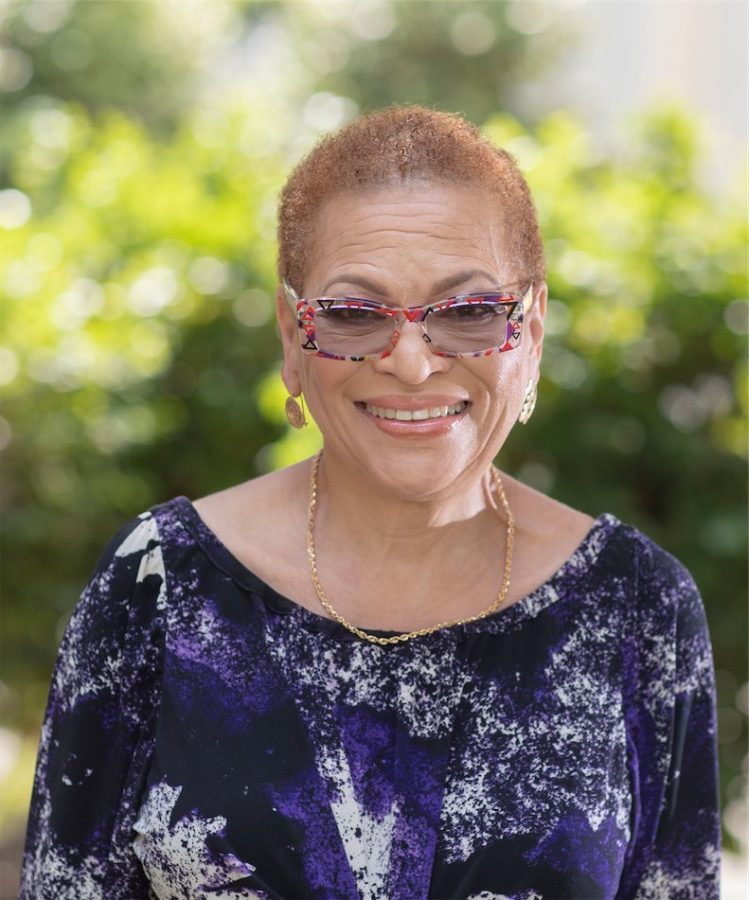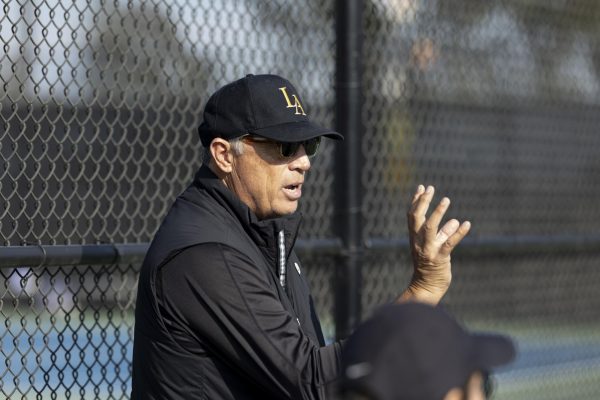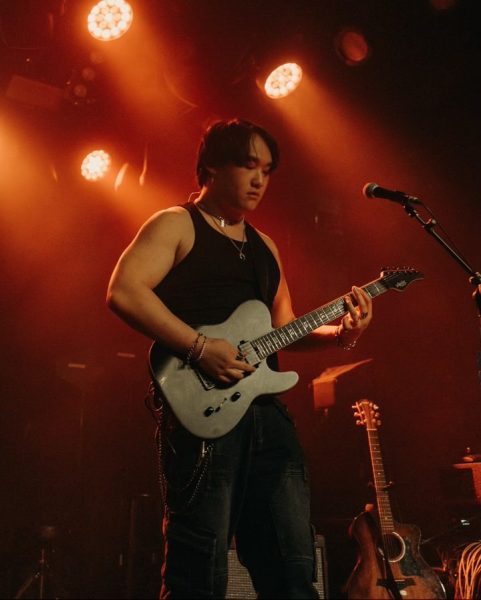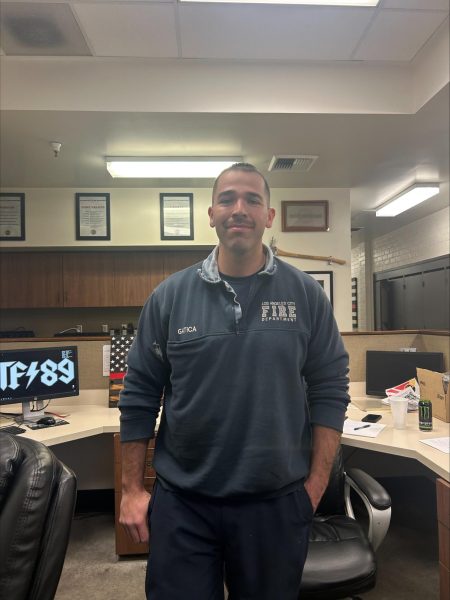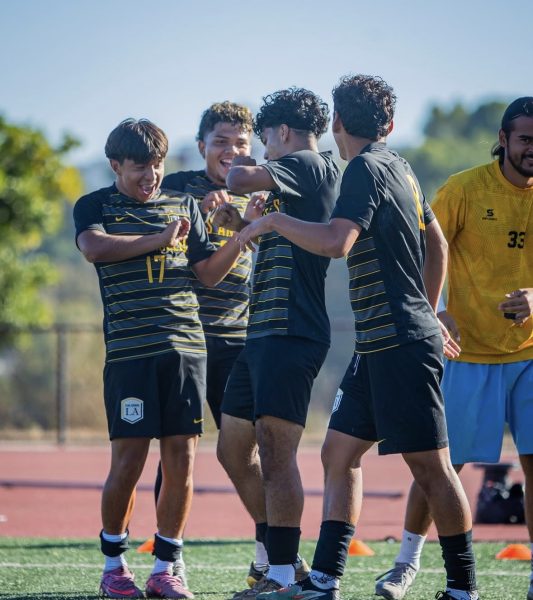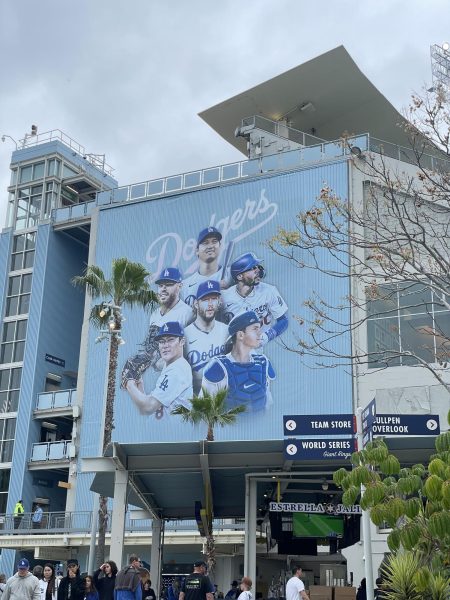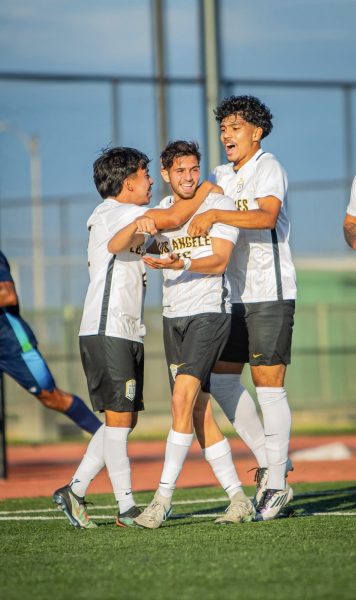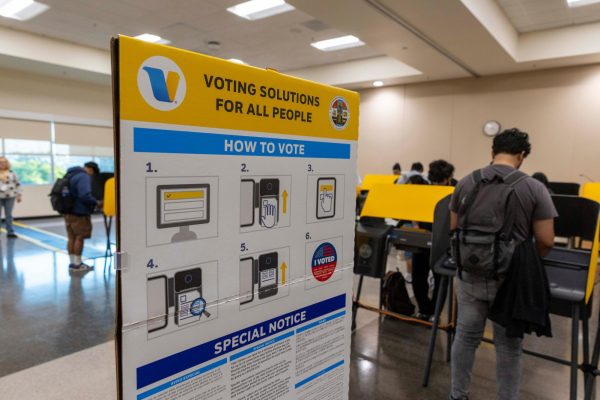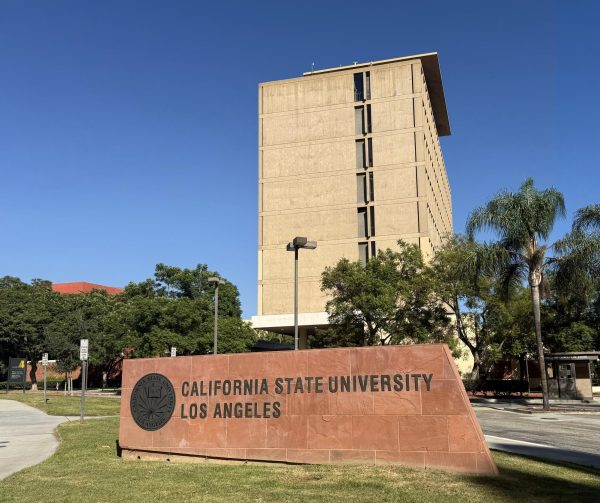Meet the dean of Cal State LA’s youngest college
Dean Malveux has been featured in USA Today, Los Angeles Times, Essence magazine and other numerous publications. Recently, in 2016 she authored the book, “Are We Better Off? Race, Obama and Public Policy.”
Julianne Malveaux has been the dean of Cal State LA’s College of Ethnic Studies (CoES) since July 2021. Malveaux is an activist, television and radio commentator, author, economist, and former president of the historically Black university Bennett College.
Malveaux grew up in San Francisco with parents who both worked in the field of education. Her parents inspired her to pursue higher learning at a young age.
Malveaux was a child in the ‘60s and said that she is grateful to have lived through those times. She feels honored to have been “at the periphery of the Black Panther movement.”
Influenced by the Black Panthers, Malveaux started her own activism in college.
As an undergraduate at Boston College, Malveaux participated in a multitude of demonstrations, including some that took over campus buildings.
“When we fought at Boston College in the ‘70s—we fought to have just one Black studies class. I’ve been blessed to have seen the evolution [since then], but the evolution isn’t everywhere,” Malveaux said.
Malveaux believes that the purpose of the CoES is to change the curricula so that the experiences of all students are reflected in what they’re studying.
“If you choose to be a citizen, you must choose to learn outside of your comfort zone. That means learning about ethnic studies. You don’t have to major in it or even minor in it, but you are required by law to take at least one class in it,” Malveaux said.
Assembly Bill 1460, authored by Rep. Shirley Webber and signed into law by Governor Gavin Newsom, states that in order to graduate from a Cal State University, students are required to take at least one ethnic studies class, according to a previous University Times article.
Malveaux is grateful for this law amid the outlawed teaching of critical race theory in other states.
“At this point in time in our nation’s history, we see it’s not just anti-Blackness, it’s anti-truthiness,” Malveaux said.
Malveaux believes that the requirement to take an ethnic studies class helps students better understand one another and expand their knowledge.
“I’m not trying to turn anybody into a flaming radical, although it would be nice,” she joked.
There has been a definite cultural change from her time as the president of an HBCU to now being a dean at Cal State LA.
“I always say the blacker the college, the sweeter the knowledge,” Malveaux said. “An HBCU is a very special place. Cal State LA is also very special, but more attention could be focused on Black students…I do think that there is a permissive anti-Blackness on this campus. By that, I mean that there are administrators and others who don’t see it, and so they won’t call it out, but it’s there.”
Allegations of anti-Blackness on campus surfaced earlier this year after professor Melina Abdullah was forced out of a mayoral debate.
Cal State LA’s public affairs office has not given a statement on the claims of anti-blackness on campus, despite multiple attempts by the UT.
Malveaux said that students have told her, “I don’t feel like I belong here.” She feels that is repugnant and that it is important to be inclusive of everyone.
As for Malveaux’s change of position from Bennett College to Cal State LA, her past experience in higher education management assisted her in the position of dean.
“You have much more autonomy as a president than you do as a dean,” Malveaux said.
According to Malveaux, a school’s president only responds to the Board of Trustees; a dean has to respond to the provost and the president.
Malveaux enjoys bouncing around creative ideas with her faculty and staff but said she does not get adequate time with students as a dean. When she does, she said she loves when they occasionally speak with her about graduate school and other educational inquiries.
The CoES is now in its third year and has three departments under it, Asian and Asian American Studies, Chicana(o) and Latina(o) Studies, and Pan-African Studies.
“The uniqueness of [the CoES] is to have [all departments] all in one college, which means that we’re not only interdisciplinary, but we’re also intersectional,” Malveaux said.
Many students don’t know much about the CoES, according to Malveaux.
“I think the biggest challenge we have is that we were founded right before COVID, so we haven’t gotten the word out as much,” Malveaux said.
Malveaux believes that much of American history has been erased and that the job of the CoES is to say, “If you really want to have an America that’s inclusive, then you have to understand that we’re sitting at this campus on native people’s land, that we took from somebody because we could.”
Cal State LA, and a substantial amount of Los Angeles, sits on unceded Tongva lands, according to Cal State LA’s website.
There are more than 100 undergraduates majoring in departments under the CoES and approximately an equal number of students minoring, and they are still growing, according to Malveaux.
The college is developing an ethnic studies certificate program for teachers and a master’s in Pan-African studies that starts next fall semester. They have had a master’s in Chicana(o) and Latina(o) Studies since the early 1970s, according to the department’s grad advisor, José Anguiano. According to Cal State LA’s website, Cal State LA has established the first Chicano studies program in the nation and the nation’s second Pan African studies department.
Malveaux said that ethnic studies majors are paramount due to the “demographic shifts that our country is experiencing.” With a degree under the CoES, a graduate can work for banks, museums, hospitals, social service agencies, publishing companies, and more, according to the University of California, Riverside’s career website.
In the CoES, students will develop analytical skills around intersectionality and the process of taking Black, Indigenous and people of color from the outskirts of history to the center of it, according to Malveaux.
The National Council of Ethnic Studies is having its annual conference on Cal State LA’s campus in November, which the dean is very excited about.
“We’re trying to do quite a few of them. The goal is to increase awareness, expand curricula and develop partnerships with other parts of the campus,” said Malveaux.
Malveaux believes that any student who majors in ethnic studies should be able to have at least one international trip within their department.
“I’m prepared to raise that money, and I’ve got some partners. I funded two trips for faculty to Mexico last year for them to explore the possibility of an exchange program or other kinds of partnerships,” Malveaux said.
The dean teased an ethnic studies YouTube channel in her future endeavors. It is not fully developed yet, but Malveaux is hopeful to have it running within the next couple of months.
“I want our college to be a national beacon of what ethnic studies can be,” Malveaux said. “Getting a YouTube channel means getting [CoES] more visibility.”
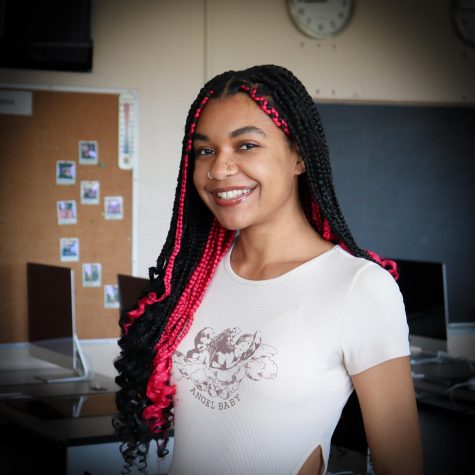
Alyssah Hall is a fourth-year journalism major and the Senior Multimedia Reporter for the University Times. She is passionate about spotlighting minority...

